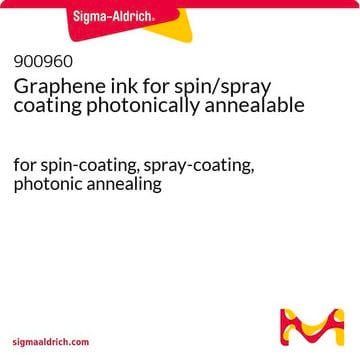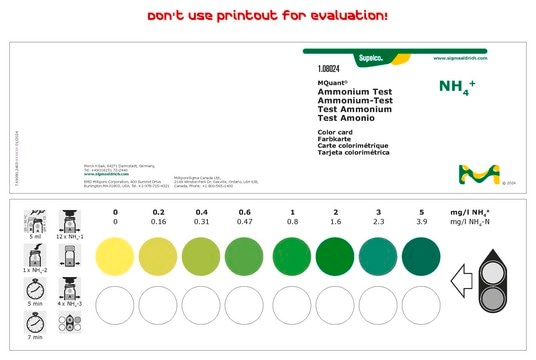AA0100
Ammonia Assay Kit
sufficient for 100 assays
Synonym(s):
Ammonia Quantitative Test Kit
About This Item
Recommended Products
usage
sufficient for 100 assays
storage temp.
2-8°C
Application
Kit Components Only
- Ammonia Assay Reagent 10 vial(s)
- L-Glutamate Dehydrogenase for Ammonia Assay 1 mL/vial
- Ammonia Standard Solution 1 mL/vial
Signal Word
Danger
Hazard Statements
Precautionary Statements
Hazard Classifications
Eye Irrit. 2 - Resp. Sens. 1
Storage Class Code
10 - Combustible liquids
Flash Point(F)
Not applicable
Flash Point(C)
Not applicable
Certificates of Analysis (COA)
Search for Certificates of Analysis (COA) by entering the products Lot/Batch Number. Lot and Batch Numbers can be found on a product’s label following the words ‘Lot’ or ‘Batch’.
Already Own This Product?
Find documentation for the products that you have recently purchased in the Document Library.
Customers Also Viewed
Articles
Sigma article discusses tumor cell metabolic pathways, focusing on aerobic glycolysis and mitochondrial activity.
Sigma article discusses tumor cell metabolic pathways, focusing on aerobic glycolysis and mitochondrial activity.
Sigma article discusses tumor cell metabolic pathways, focusing on aerobic glycolysis and mitochondrial activity.
Sigma article discusses tumor cell metabolic pathways, focusing on aerobic glycolysis and mitochondrial activity.
Our team of scientists has experience in all areas of research including Life Science, Material Science, Chemical Synthesis, Chromatography, Analytical and many others.
Contact Technical Service








